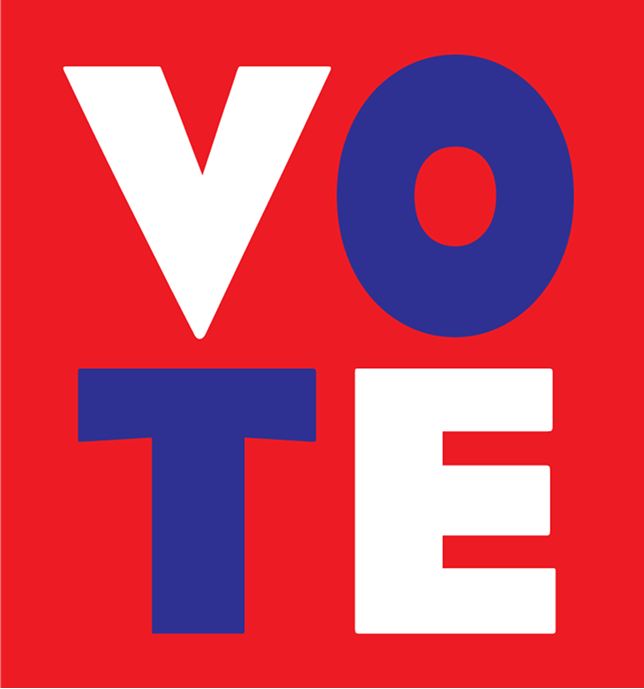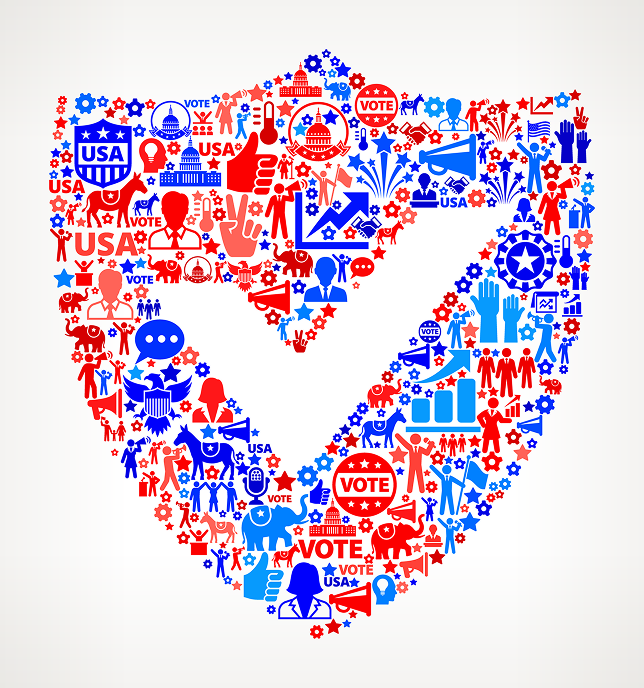
Toll-Free messaging1 lets entities, including political campaigns, send and receive text messages using a 10-digit toll-free phone number (800, 888, etc.). The use of Toll-Free numbers provides nationwide, high-volume messaging and allows users to pivot from text to voice with the same phone number. The channel can be used for a wide range of applications, including customer support, notifications, marketing, and political outreach to voters and supporters.
After obtaining verification from Campaign Verify, entities should provide their Toll-Free Authorization Token to their Campaign Service Provider (CSP), the campaign’s text messaging provider. The CSP will share the token with its Direct Connect Aggregator (DCA), which will submit the token to a major U.S. wireless carrier for final approval.

CTIA - The Wireless Association recommends that users follow CTIA Messaging Principles and Best Practices Guide. Additionally, CTIA launched a website tailored for political campaigns ahead of the 2024 election season: Keeping Political Text Messaging Spam Free.
1 The legacy term “Toll-Free” refers to the historical voice telephony product that allowed landline voice customers to call these numbers without incurring long distance charges. While nearly all cellular/mobile telephone price plans now include unlimited text messaging, it is still possible in rare occasions that a cellular customer can be charged for both receiving and sending text messages from/to a Toll-Free telephone number.